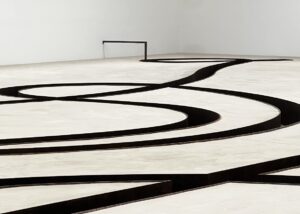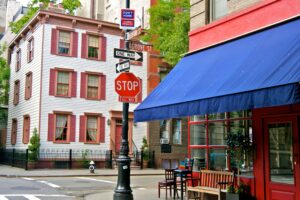Asia-Pacific hospitality giant transforms historic military hospital into ultra-luxury destination targeting high-net-worth travelers
Singapore-based hospitality conglomerate Capella Hotel Group is accelerating construction on its first European property, a luxury resort in Florence that signals the company’s ambitious expansion beyond its Asian stronghold. The project, dubbed Capella Florence, represents a strategic pivot toward Western markets as the group seeks to capitalize on growing demand for ultra-premium accommodations.
If you’re an investor interested in expanding into Tuscany and seeking a historic palazzo to transform into a luxury resort or hotel, Columbus International is here for you. Our real estate agents, based in Florence, will guide you through the most exclusive opportunities in the heart of the Renaissance: info@columbusintl.com
The development, rising from the former San Gallo military hospital site, has entered an intensive construction phase with four massive cranes now dominating the skyline between Via San Gallo and Via Cavour. Originally slated for a 2027 opening, the project timeline appears increasingly aggressive as construction activity ramps up significantly in recent weeks.
Strategic Asian Investment in European Luxury
The Florence venture marks the European debut for Capella Hotel Group, the hospitality arm of Singapore real estate giant Pontiac Land, controlled by the influential Kwee family. The project structure reflects the increasingly interconnected nature of Asian luxury hospitality investments, with backing from Liaigre Hospitality Ventures Limited—a joint venture between France’s Liaigre Group and Symphony International Holdings Limited.
Symphony International, one of Asia’s premier private equity firms, has steadily increased its stake in the project from 10% to 80% over recent years. The operation is overseen by Singapore-based director Anil Thadani, underscoring the project’s Asian financial roots.
This geographic arbitrage strategy aligns with broader trends in luxury hospitality, where Asian capital increasingly targets European heritage properties for conversion into ultra-premium destinations. The approach leverages Europe’s cultural cachet while applying Asian standards for luxury service and amenities.
Premium Positioning in Competitive Market
The 22,000-square-meter complex will feature 33 suites, 56 standard rooms, and 10 exclusive residences with private entrances—the latter commanding prices exceeding €20,000 per square meter according to Tecnocasa market reports. This pricing positions the residences firmly in Florence’s ultra-luxury segment, competing with established players in the city’s limited high-end real estate market.
Amenities reflect contemporary luxury hospitality trends: a Tuscan restaurant alongside a Japanese dining venue, a rooftop bar, and an underground wine cellar. A dedicated 600-square-meter spa building will house hydrotherapy pools, fitness facilities, and additional bar service. An amphitheater adds cultural programming capabilities, differentiating the property from traditional hotel offerings.
The architectural approach balances contemporary elements—particularly extensive glazing—with classical design language, a common strategy for luxury developments in historic European city centers where planning authorities demand contextual sensitivity.
Public-Private Partnership Elements
In a notable concession to local stakeholders, Florence’s city council approved allocation of 111 square meters within the complex for municipal use. The space, overlooking the Via Cavour courtyard, will serve as an exhibition center and event venue, potentially hosting artist residencies and cultural programming.
This public access component, while modest in scale, reflects growing expectations that major private developments contribute to community amenities—a trend particularly pronounced in historic city centers where gentrification concerns run high.
Market Implications and Expansion Strategy
Capella’s European expansion comes as the group operates properties across Asia’s major luxury markets, including Singapore, Sydney, Taipei, Bangkok, Hanoi, and Shanghai. The brand has secured international hospitality awards and maintains a pipeline of new developments in Kyoto, Riyadh, Seoul, Nanjing, and Shenzhen.
The Florence property’s success will likely determine the pace and scale of further European expansion for Capella, as Asian hospitality groups increasingly view Europe as a natural extension of their luxury portfolios. With European luxury travel markets recovering strongly post-pandemic and Asian travelers representing a growing share of high-end tourism, the timing appears strategically sound for Capella’s transcontinental expansion.
The project also reflects broader capital flows as Asian investors, particularly from Singapore and Hong Kong, deploy substantial resources in European real estate and hospitality assets, viewing them as stable, trophy investments with strong long-term appreciation potential.
Source: Repubblica



